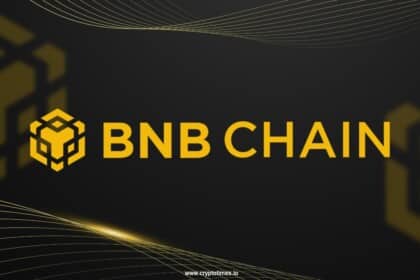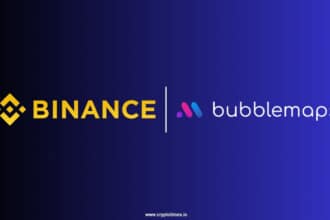Ripple’s Chief Technology Officer, David Schwartz, started a debate around central bank digital currencies (CBDCs) and how they might shape financial freedom.
In a post on X, Schwartz explained that CBDCs are not inherently good or bad; it depends on how they are used. “If a CBDC creates more options for people who want to use it, that’s good. If it becomes an excuse to hamper other options more consistent with individual freedom, that’s bad,” he said.
Schwartz added that CBDCs could actually help people gain access to banking services when private institutions block them. The technology itself is not the problem. What matters is whether governments or banks use it to give people more choices or to limit them. Schwartz’s main point is that CBDCs can either help freedom or reduce it depending on usage.
Ripple’s Role in CBDCs
Ripple has been actively involved in CBDC projects for years. The company worked with countries like Palau, Bhutan, Montenegro, Georgia, and the U.K. on early tests. These projects helped improve Ripple’s XRP Ledger (XRPL). Now, XRPL can handle not only CBDCs but also stablecoins and tokenized deposits.
This experience led Ripple to launch RLUSD, a dollar-backed token. It is available on both XRPL and Ethereum. Its market value is now close to $790 million. Ripple also works with financial companies like DBS Bank and Franklin Templeton to support RLUSD.
Schwartz also wrote about the “war on cash.” He said that banks today can limit people’s freedom by closing accounts or controlling access to money. He compared it to being forced to eat only at approved restaurants, where people have no choice but to cook at home. He believes that CBDCs could fix some of these problems if used correctly.
What the Public and the World Think
However, the public opinion about CBDCs is mixed. On Reddit, people are worried about privacy, and government control. Some even mentioned the failed experiments in Finland, Kenya, and Nigeria as cautionary examples. Others warned that digital money controlled by central banks could cause economic problems.
Globally, central banks are moving forward with digital currencies. For instance, IMF chief Kristalina Georgieva said that digital fiat money is no longer just an idea but is becoming real. India’s central bank is already testing CBDCs for both local and international payments.
India’s central bank openly supports using CBDCs instead of stablecoins for international settlements, and retail and wholesale pilots are already underway.
The debate is no longer about whether CBDCs are coming, but how they will be used. Schwartz and Ripple show that this technology could either give people more choices or take them away, depending on its use.
Also Read: Ex-FTX US Head Launches Perpetual Futures Platform for Traditional Assets











